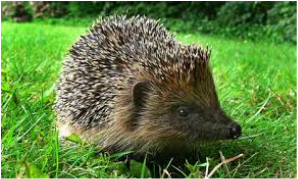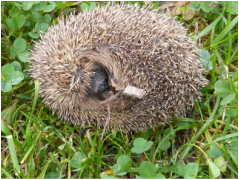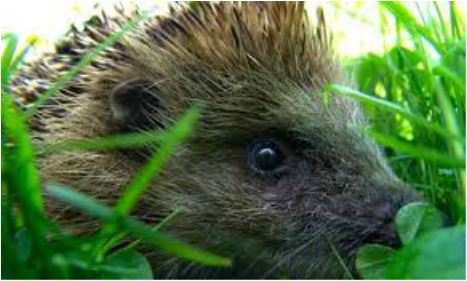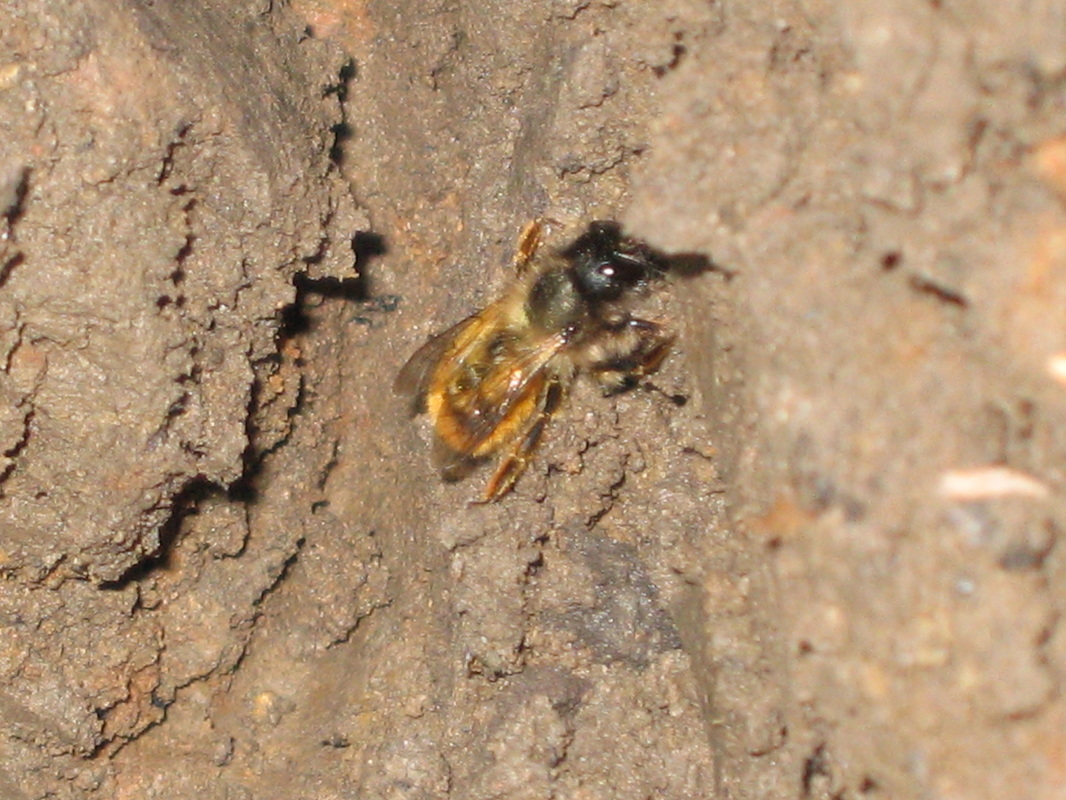Rudyard Kipling: How the Name Became.
When I was a kid, like so many children, I was fascinated by animals. I liked all kinds of animals, mainly the bigger kind, the typical ones, like lions and tigers, gorillas and baboons, giraffes and rhinoceroses. Living in a big city there wasn’t much opportunity to see many of those creatures in the flesh and fur, and I don’t recall ever visiting a zoo with my parents. You can imagine my excitement when my primary school took us on a day trip to Whipsnade Zoo, an enormous site of hundreds of acres, set in the Chiltern Hills of southern England. By that that time I had read just about every book that was available in the children’s section of my local library. I considered myself pretty much of an expert on “the big mammals” and couldn’t wait to show off my knowledge to my classmates. That’s probably why I became a teacher later in life. I’d even tried walking about on all fours for a while, leaning on the knuckles of my fingers, imitating the great apes, once I discovered that humans were also anthropoids. Boy did that make your fingers sore!
By the time I reached secondary school I had also read Rudyard Kipling’s Just So Stories and The Jungle Book, and loved the idea of animals communicating with each other in a language that even humans could use! I wasn’t quite convinced about it but the idea was great for a youngster’s imagination of course. And then they ran the Alexander Korda film of Jungle Book on TV and I was so envious of Sabu who acted the part of Mowgli in the film. You will understand why I couldn’t wait to see the Disney version of Jungle Book, about twenty years later; something that I referred to in my Iconoclast blog. And perhaps you will bear with me when I say how enthusiastically I anticipated the recent BBC Radio4 series of fifteen minute programmes entitled Just So Science. I’m a science teacher and I’m listening to people explain how Rudyard Kipling’s brand of folk lore might have some credibility in explaining How the Whale Got His Throat or How the Leopard Got His Spots! I loved it, except for the fact that I forgot to listen on a couple of days, but all was not lost since I find – Hurrah! - they will be “available” for about another year. Make sure you listen to the fascinating mix of fable and science.
When I came to decide upon a title for my second book, about the exploits of the very many school children that I’d taught, I looked through the manuscript for ideas, and the expressions and words that the kids regularly used grabbed my attention. Some expressions like “minging”, “hanging” and “shady” to describe stuff they didn’t like were tempting words to include, but it probably wouldn’t mean much to the older adults, who I wanted as readers as well as the younger adults out there.The more disruptive and rebellious kids often challenged their teachers with one-word retorts like “So!” and “Whatever!” and even occasionally I’d had two words - “So What!” – usually after I’d given the unfortunate miscreant a reminder about the school’s code of conduct. That’s when I remembered Just So Stories and that’s when I decided upon the name So What! Stories or Whatever!
That’s not to say that the children were animals or spoke like animals, but they did have a language of their own, and one that defied description sometimes. Knowing how my readers like stories with a surprise twist I threw in an unexpected ambush to the collection near the end, just to keep you on your toes!




 RSS Feed
RSS Feed
